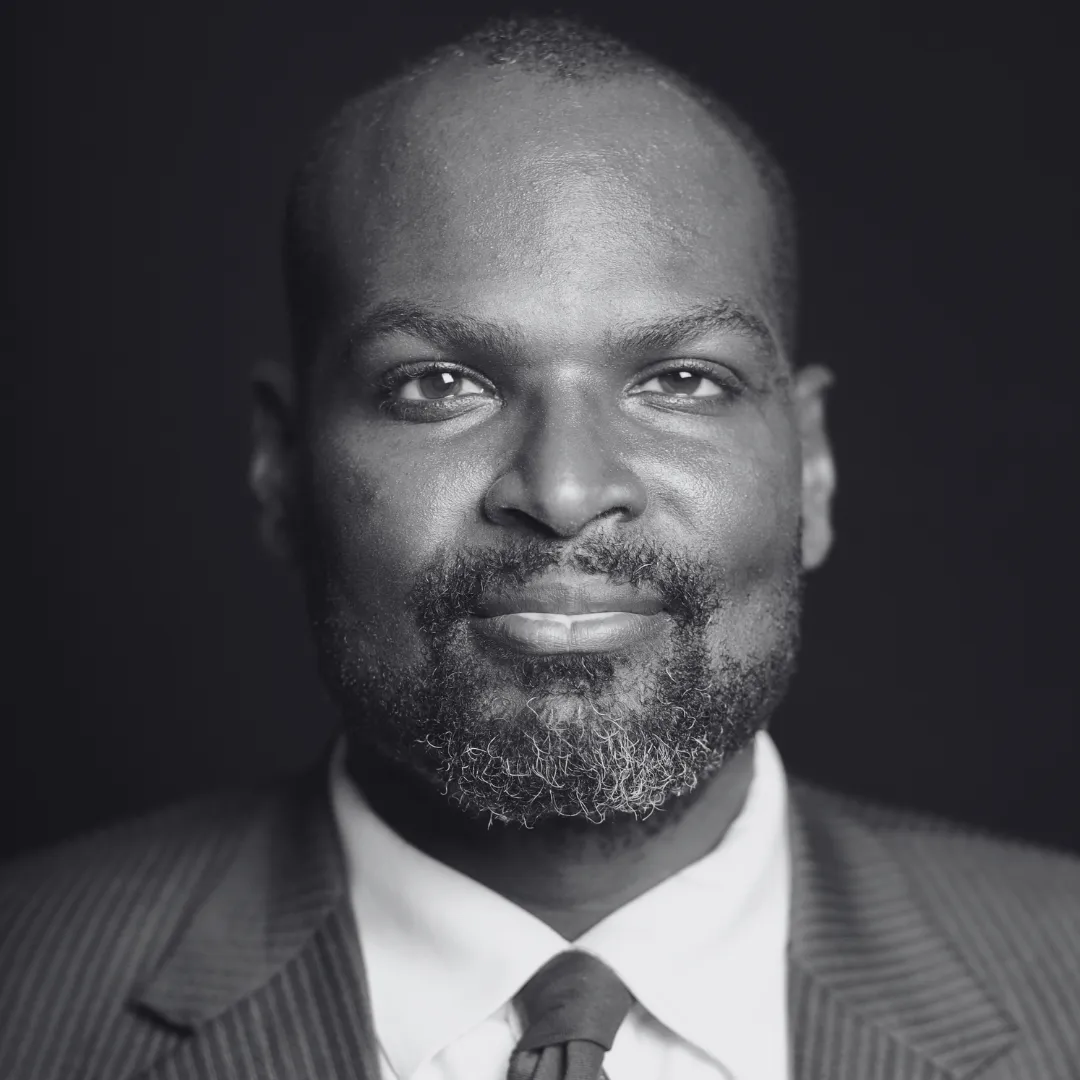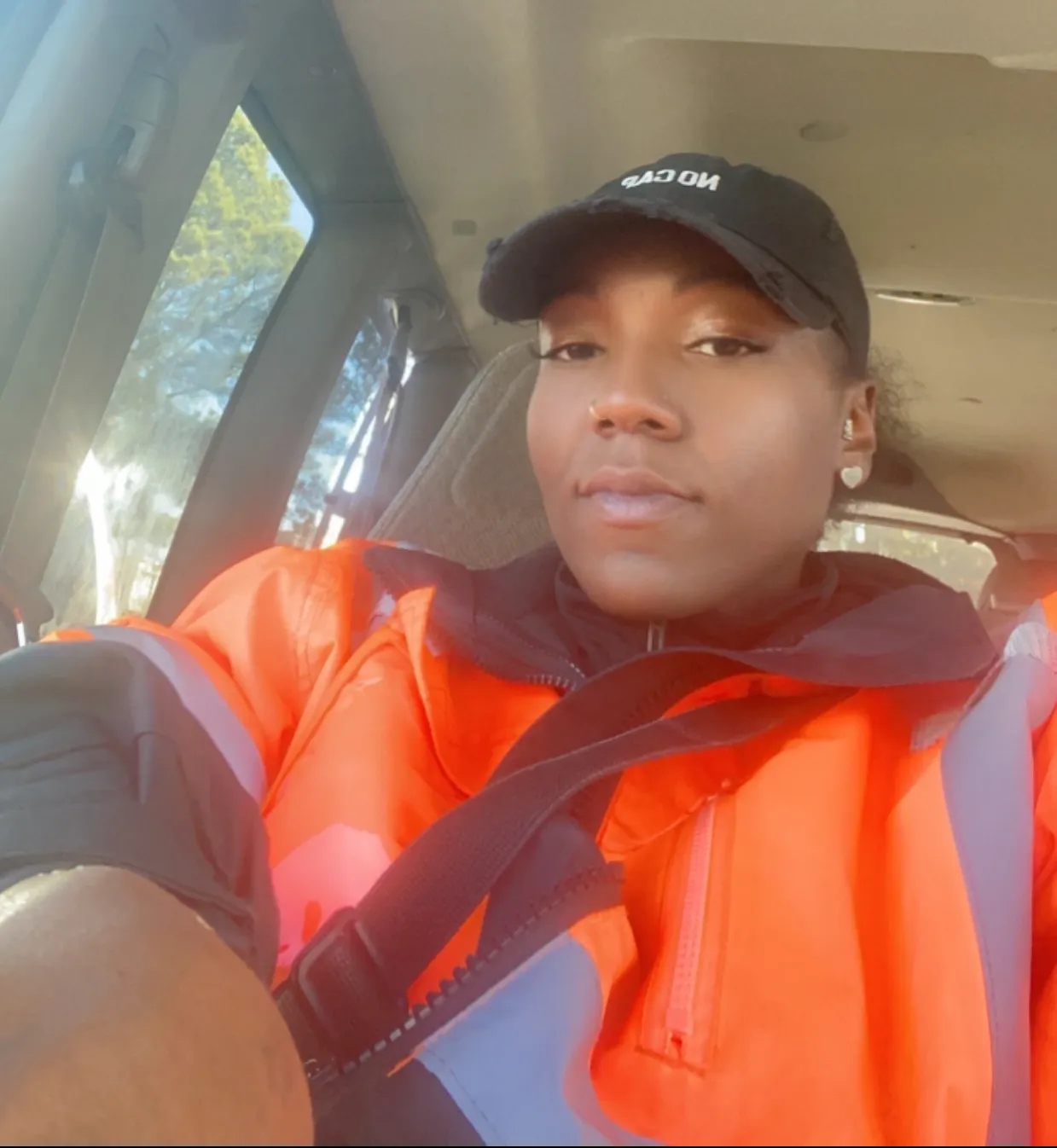Despite 22 years in restaurant management, Marvin found himself having a very difficult time finding work when he came home from prison in 2022. He desperately needed a job, so he went to the Center for Employment Opportunities (CEO) and started working on a transitional work crew.
After a few months of beautifying the highways around Columbus and getting help from CEO polishing up his resume and interview skills, Marvin applied for a manager's position at a local pizza shop. During his first interview, he disclosed his background. Marvin told the supervisor that he was formerly incarcerated, but he had changed his life while he was inside. At his second interview, he was hired.
“He hired me on the spot. I even received a welcome letter from the corporate office,” Marvin said. “I was so ecstatic. I gave my notice to CEO and bought new clothes for work.”
But the day before he started, Marvin got a phone call telling him not to report to work. “We can’t offer you the position anymore because of your criminal background,” the supervisor said. “I’m sorry, we don’t even know how you got this far in the process.”
“I felt betrayed. It was like a slap to the face,” Marvin recalled.
Because of the extremely limited protections in Ohio, the pizza shop did not have to provide Marvin with an opportunity to explain his situation or that he had been rehabilitated. Marvin was left without a job and no recourse.
Lucky for Marvin, this rejection was not the end of his path. Instead, it was just the beginning. CEO helped him get a job with a cleaning company. He partnered up with the owner and eventually branched out on his own.
He now has 30 employees, and 90 percent of them have a criminal background.
Marvin shared how rewarding it is to be now able to turn the tables and create the same kind of employment opportunities he was denied – for other formerly incarcerated people.
“I like to give people a break because they need someone to encourage them to do better,” Marvin said. “I pay above a living wage and don't make as much money, but I don't want to take advantage of them. They appreciate it, and they tell me.”
Now a member of CEO’s Policy Committee for the last four months, Marvin gets to engage weekly with other members who voice their concerns about current hiring practices that negatively affect justice-impacted people and advocate for change
“We've done a lot to raise awareness, and CEO is a big advocate for developing second-chance companies,” Marvin said. “We’re always looking at how we can push reform because hiring discrimination prevents justice-impacted people from working.”
Visit MoreThanABackground.org to join Marvin in calling for a more equitable hiring process where justice-impacted people can access quality employment.




